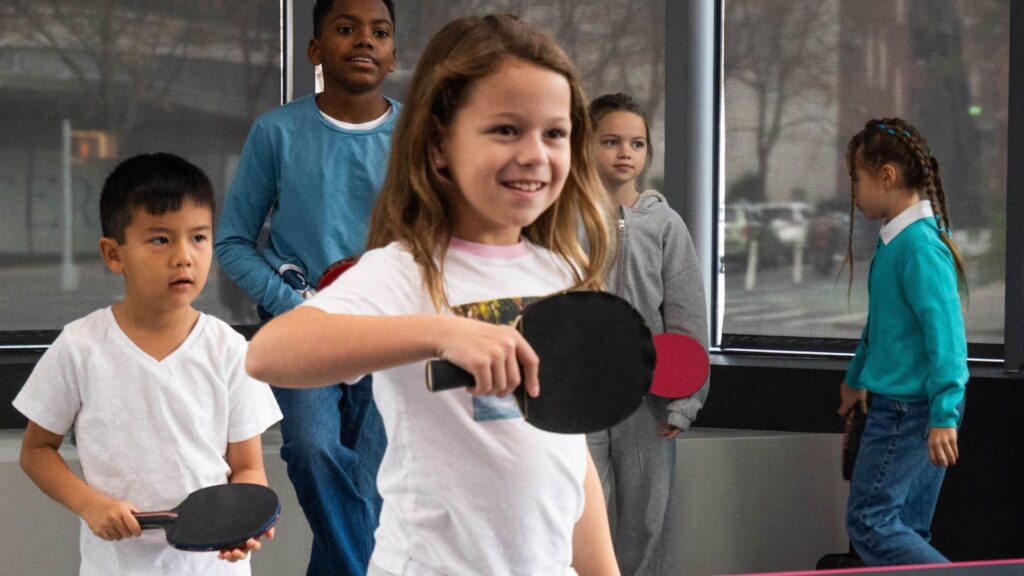Resilience—adapting, recovering, and thriving in the face of challenges—is a crucial life skill. While often discussed in the context of overcoming adversity, resilience is much more than just bouncing back. It shapes how we handle stress, form relationships, and, ultimately, how we age.
By fostering resilience in youth, we equip future generations with the tools to navigate life’s ups and downs while setting them up for healthier, more fulfilling lives in their later years. Let’s explore how resilience is built in childhood and how it affects aging as we grow older.
Why Building Resilience in Youth Matters
The earlier resilience is developed, the more likely it is to become a natural response to life’s challenges. Resilient children grow into confident, adaptable adults who can face setbacks without being overwhelmed.
How to Build Resilience in Youth
- Encourage a Growth Mindset
- Teach kids that challenges and failures are learning opportunities, not reasons to quit.
- Praise effort, perseverance, and creativity rather than focusing solely on results.
- Promote Healthy Risk-Taking
- Encourage youth to step outside their comfort zones, whether by trying a new sport, speaking in front of a group, or tackling a challenging project.
- Allow them to fail safely, reinforcing that mistakes are part of growth.
- Develop Problem-Solving Skills
- Instead of solving problems for them, guide them through finding their own solutions.
- Role-play real-life scenarios to help them think critically and build confidence in decision-making.
- Foster Strong Relationships
- Having supportive family, mentors, and friends strengthens resilience by creating a sense of belonging and security.
- Teach them to seek help and communicate openly about emotions.
- Teach Emotional Regulation
- Help children recognize and manage their emotions rather than suppressing them.
- Introduce mindfulness techniques, such as deep breathing and journaling, to help them process their feelings.
- Encourage Independence & Self-Efficacy
- Give youth responsibilities and allow them to take ownership of their actions.
- Support them in setting and achieving personal goals, reinforcing their belief in their own abilities.
- Model Resilience
- Demonstrate resilience in your own life by handling stress and setbacks positively.
- Share stories of how you’ve overcome obstacles and what you learned from them.
How Resilience Impacts Aging
Building resilience in youth isn’t just about helping them succeed in the present—it has long-term benefits that influence how they navigate adulthood and aging.
1. Mental Strength & Cognitive Longevity
- Resilient individuals are better at managing stress, reducing their risk of anxiety and depression later in life.
- The ability to adapt to new challenges keeps the brain engaged, lowering the risk of cognitive decline and memory loss.
2. Better Physical Health
- A resilient mindset encourages healthy lifestyle choices, including regular exercise, proper nutrition, and stress management.
- Studies show that resilient people have lower risks of heart disease, high blood pressure, and chronic illnesses.
3. Stronger Social Connections
- Developing interpersonal skills early in life leads to lasting relationships that provide emotional support as we age.
- Social engagement is key to longevity, as it helps prevent isolation and cognitive decline.
4. Greater Adaptability to Life’s Changes
- Resilient older adults handle life transitions—such as retirement, physical limitations, and losing loved ones—more effectively.
- They are more likely to engage in hobbies, community activities, and personal growth.
5. Longer, Happier Lives
- Research links resilience to a longer lifespan, as it reduces stress-related health risks and promotes overall well-being.
- Resilient individuals continue setting and achieving goals, maintaining a sense of purpose throughout life.
Final Thoughts: Invest in Resilience Now for a Better Future
The resilience we build in childhood helps us navigate youth and sets the foundation for a lifetime of adaptability, mental strength, and physical well-being. By fostering resilience in young people, we are not just preparing them for school, careers, or relationships—we are giving them the tools to age gracefully, stay active, and live fulfilling lives.
Encourage resilience today, and you’ll be shaping stronger, healthier generations for the future.

